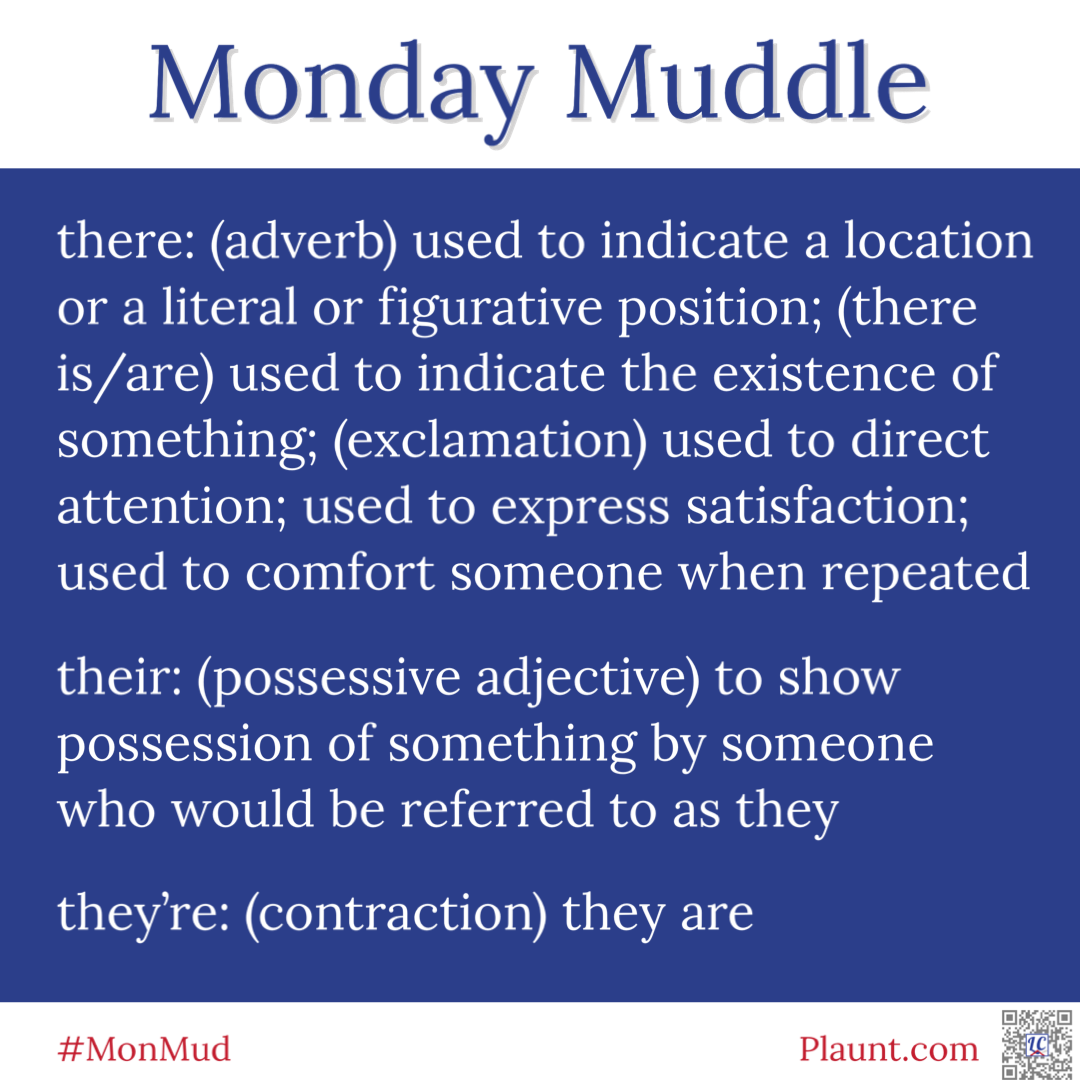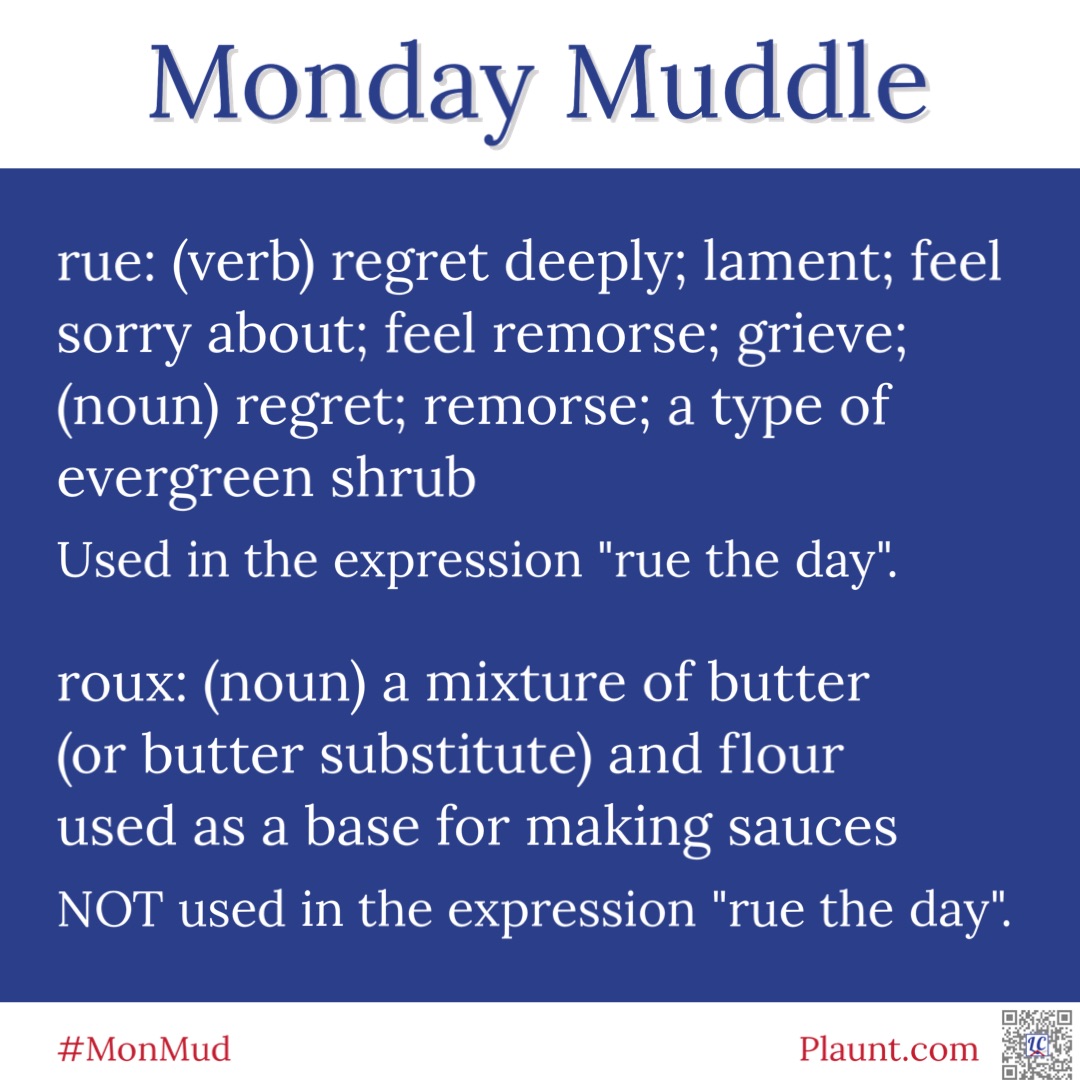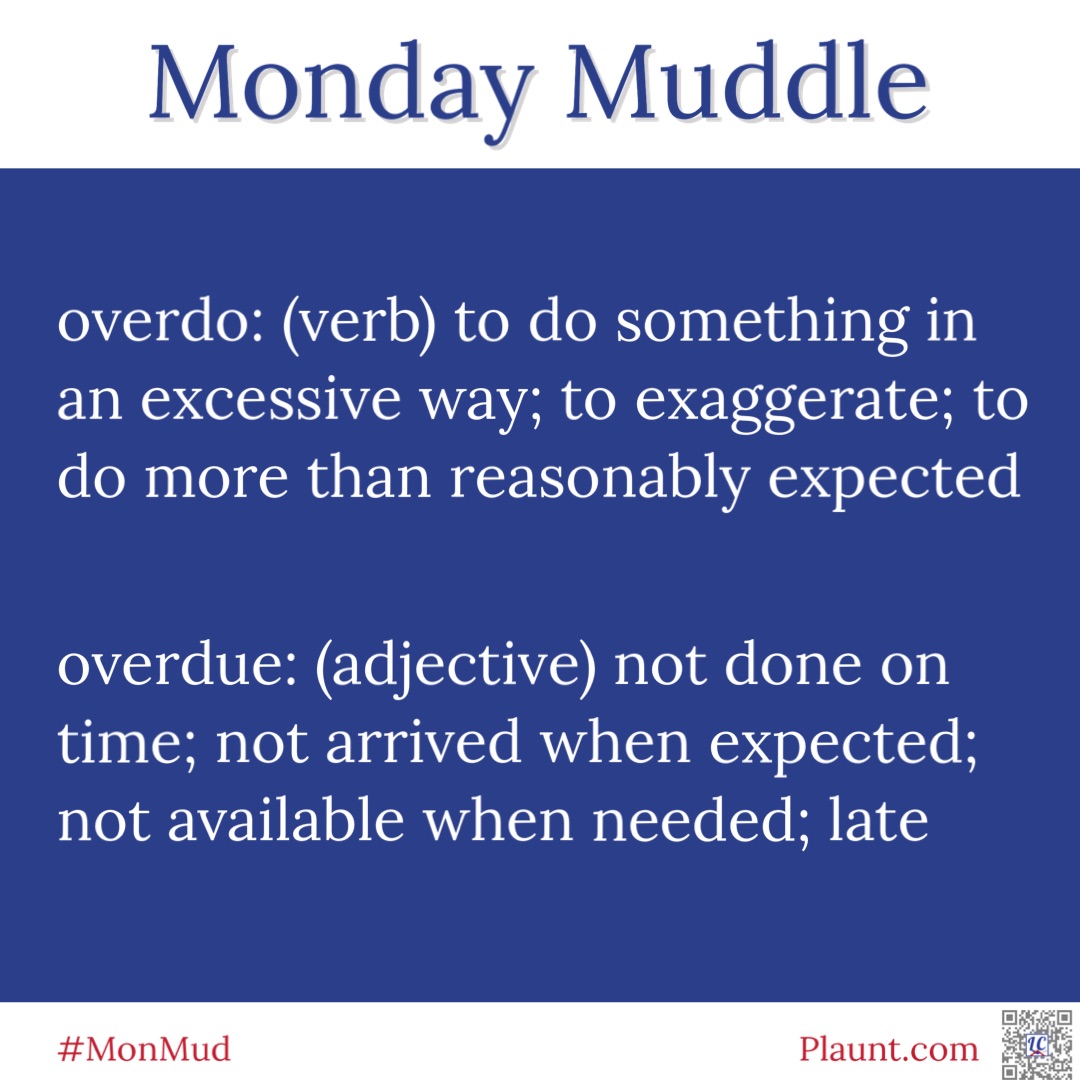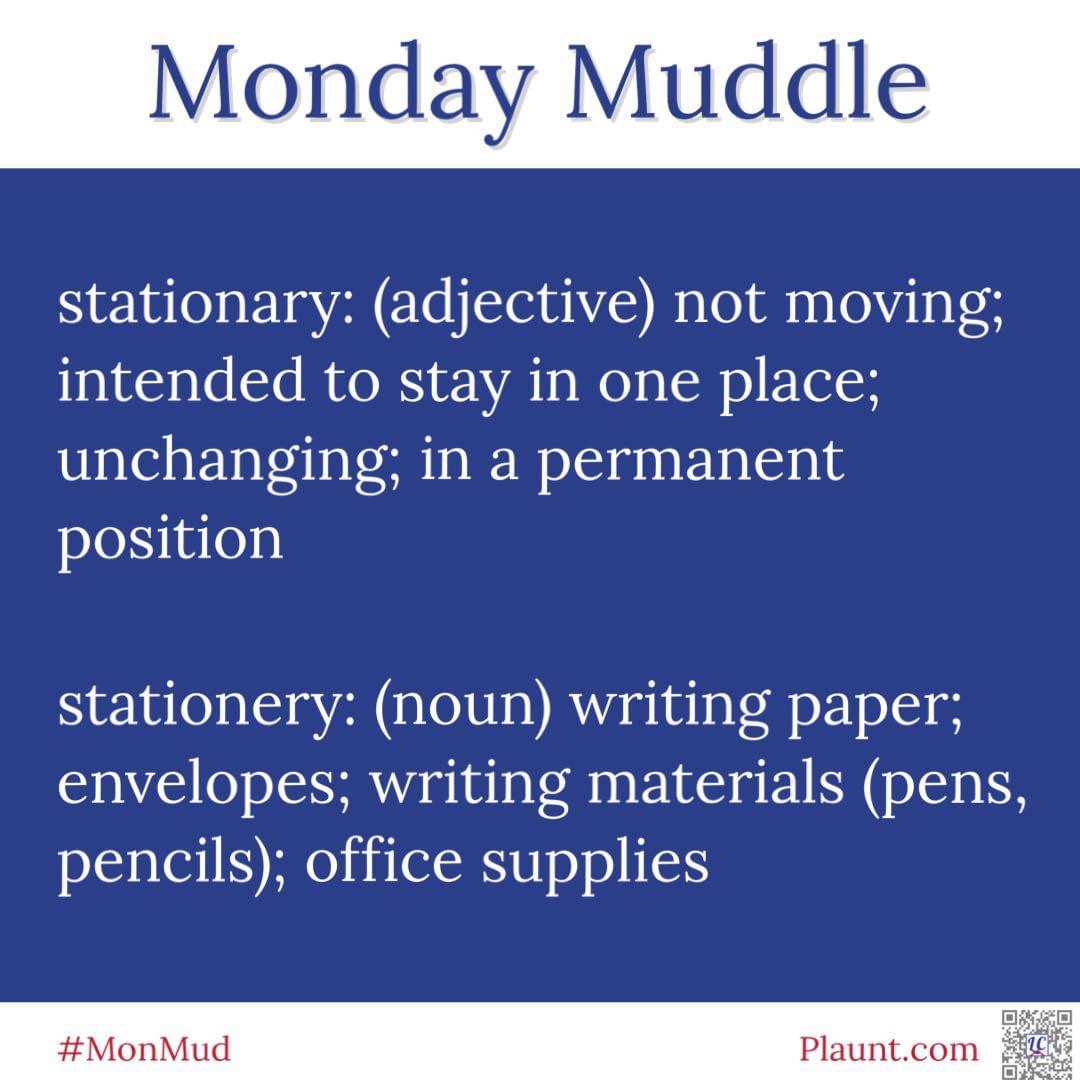
Monday Muddle: advise, advice
advise: (verb) to give counsel, tips or suggestions advice: (noun) the counsel, tips or suggestions that are given If you want the verb–the word that represents the action–spell it with an S. If you want the noun, spell it with a C.



